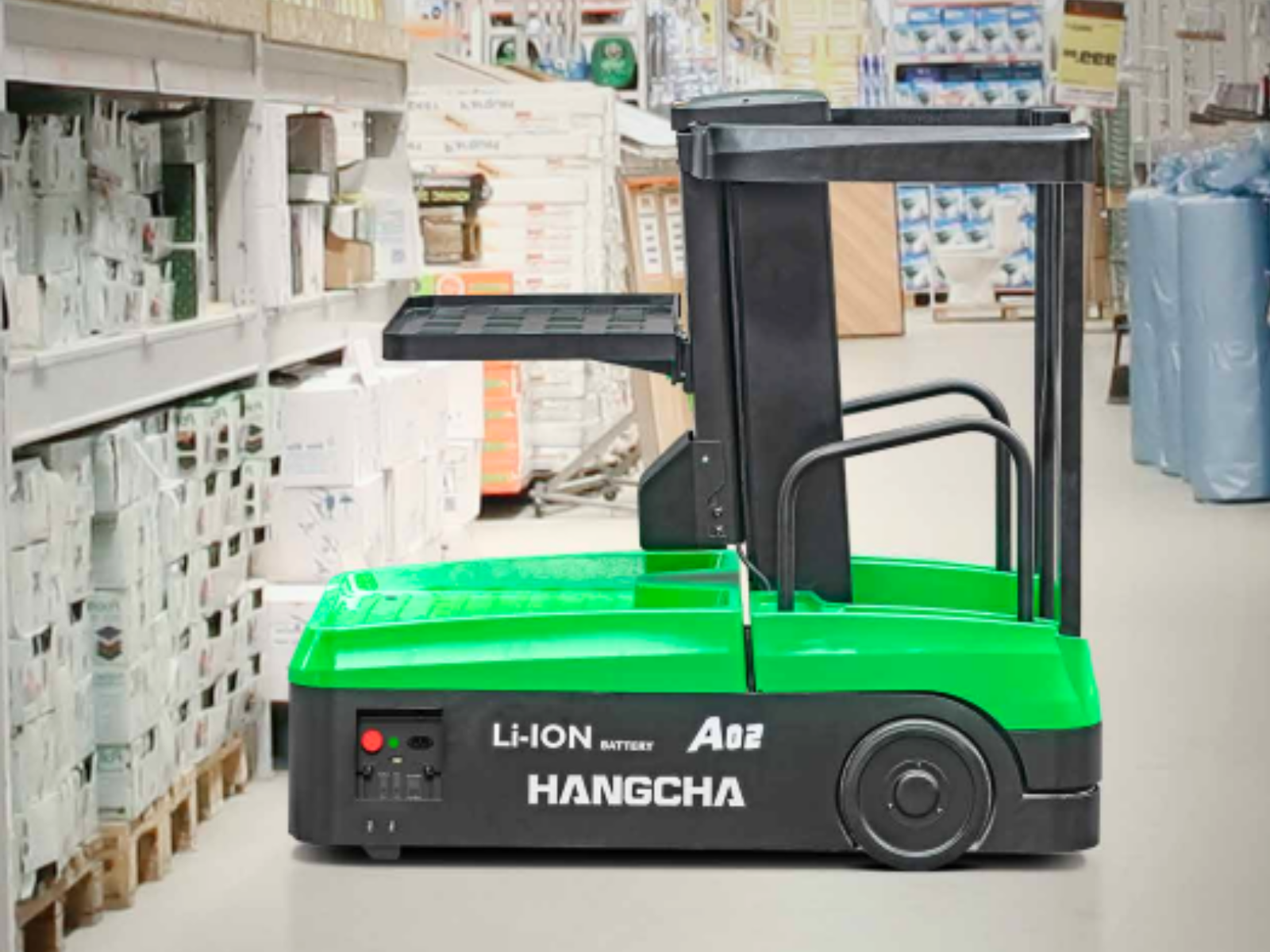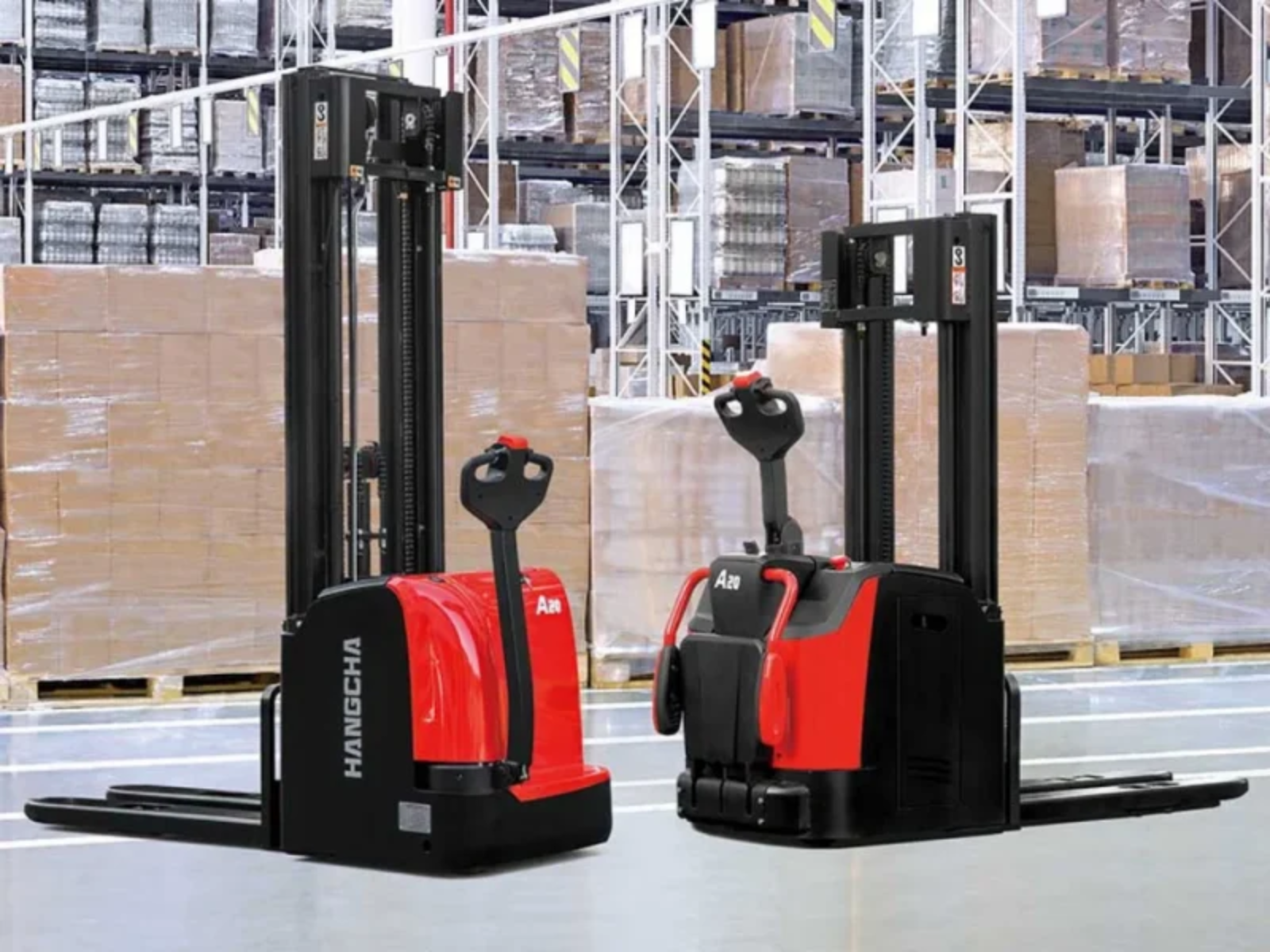Technological innovation plays a vital role in the modern construction machinery market, particularly in the rapidly evolving Australian construction equipment market. With ongoing advancements in technology and digitization, these innovations are fundamentally transforming how construction equipment operates, enhancing efficiency, reducing costs, and driving the industry forward.
The Role of Technological Innovation
In the construction machinery industry, the application of cutting-edge technology has become a key driver of market development. Innovations ranging from automated operating systems to advanced robotics not only enhance the operational efficiency and safety of machinery but also bring higher economic benefits to businesses. For instance, the use of sophisticated sensors and data analytics allows construction machinery to execute complex tasks more precisely while minimizing human errors.
Application of Digitization in Construction Machinery
Digital technologies such as the Internet of Things (IoT) and Artificial Intelligence (AI) are playing an increasingly significant role in the field of construction machinery. By integrating these technologies into construction machinery, equipment can not only perform tasks autonomously but also collect and analyze data in real-time, optimizing operational processes, enhancing productivity, and ensuring safety. The application of these technologies not only improves the performance of machinery but also provides unprecedented insights for users, aiding decision-making.
Impact on Specific Machinery
Excavators
Technological advancements have revolutionized the excavator market, particularly through GPS and AI integration. These technologies enable greater precision in excavation tasks, leading to more efficient project completion and reduced material wastage. Modern excavators are also equipped with enhanced hydraulic systems for smoother operations and advanced diagnostics for easier maintenance and downtime reduction. The incorporation of real-time data analysis helps in optimizing the excavation process, adapting to different terrains and materials.
Forklifts
The introduction of automation and intelligence in forklifts has dramatically improved their functionality. Advanced sensor technology allows for precise navigation and handling, reducing the risk of accidents and improving overall safety in warehouses and construction sites. The use of autonomous navigation systems and IoT connectivity enables forklifts to seamlessly integrate into the smart warehouse ecosystem, enhancing the efficiency of logistics operations. These technologies also contribute to the reduction of operational costs by optimizing routes and minimizing energy consumption.
Skid Steer Loaders
Skid steer loaders have benefited greatly from technological innovations. Enhanced power systems provide these loaders with the necessary force to handle heavier loads more efficiently, while improved control interfaces offer operators ease of use and better maneuverability. Additionally, the incorporation of modular attachments has transformed skid steer loaders into versatile tools capable of performing a variety of tasks, from digging and lifting to grading and clearing. Their compact design, coupled with technological enhancements, makes them ideal for operations in confined and challenging spaces.
Wheel Loaders
Wheel loaders have seen significant improvements in terms of efficiency and durability due to technological progress. More efficient power systems not only provide better fuel economy but also ensure lower emissions, aligning with environmental sustainability goals. Improved operating interfaces, including touch screen controls and advanced telematics systems, allow for real-time monitoring and management of loader operations. These advancements contribute to enhanced productivity, reduced maintenance costs, and longer service life, making wheel loaders a reliable asset in construction and mining operations.
These technological advancements in construction machinery not only enhance operational efficiency but also contribute to environmental sustainability, worker safety, and overall productivity, driving the evolution of the construction equipment industry.
Challenges and Opportunities
While technological innovation has brought advancements in the construction machinery industry, it also presents several market challenges. The most significant is the high initial investment costs, especially for advanced machinery incorporating cutting-edge technology. Moreover, as equipment becomes increasingly complex, the training requirements for operators also escalate, involving time and costs, along with the need for continuous updates in technology and skills. For many businesses, balancing these investments with long-term benefits becomes a key concern.
Despite these challenges, technological innovation offers new opportunities for the market. These include the development of new business models, such as data-driven services and smart maintenance solutions, and possibilities for market expansion, particularly in the context of rapid advancements in automation and intelligence. The application of intelligent and automated technologies not only improves business efficiency but also opens up new market areas, such as remote operation and monitoring services. Additionally, technological innovations contribute to enhancing the environmental friendliness of construction machinery, meeting the growing demand for sustainable development.
Technological innovation has had a profound impact on the Australian construction equipment market, driving progress across the industry. In the future, the continued development of technology in this field will keep driving market growth and transformation, bringing more innovative and efficient solutions to the construction industry.





.webp)